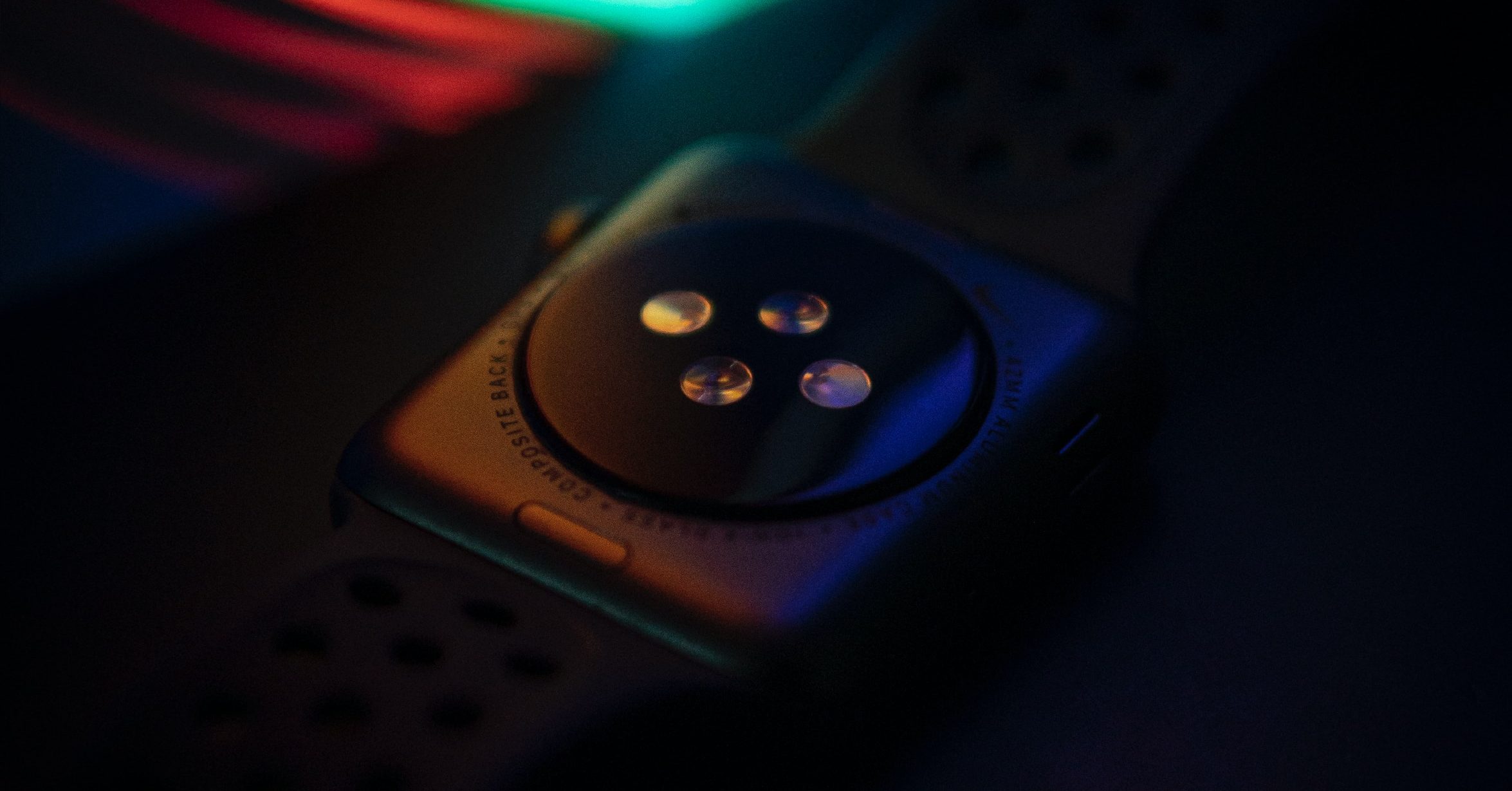Originally published by Daily Journal. Lawyers may earn 1 MCLE credit by visiting Written by Bob…
Fitbits, Wearable Tech, and the Impending eDiscovery Deluge

Originally published by FindLaw.
By Mark Wilson, Esq.
The eDiscovery revolution begun in the late ’90s continues unabated, but wearable data-collecting devices like the Fitbit present a new and interesting problem for electronic discovery.
Anything You Wear May Be Used Against You in a Court of Law
You can probably imagine the myriad scenarios in which wearable devices can be used in a lawsuit. Worker’s compensation? Personal injury? Medical malpractice? Actually, it’s already happening.
In November, The Atlantic reported on the first case to use Fitbit data to support a cause of action. A plaintiff in Canada wants to use Fitbit data “to show that her activity levels are still lower than the baseline for someone of her age and profession to show that she deserves compensation.”
If you think eDiscovery is time-consuming now, just wait until you have to wade through all the data points a health device generates. Thankfully for first-year associates and contract discovery lawyers, that task gets farmed out to specialized companies, like Vivametrica, which not only plows through the data, but analyzes it. (And if you’re looking for a sexy tech startup, “wearable health data eDiscovery analytics” seems like it could actually make money. Just mail me a check for my finder’s fee.)
All Your Data, All the Time
It’s not just the volume of data that presents a problem for wearables, but whether consumers know that the data they contain is discoverable. They’re great for plaintiffs trying to prove they don’t have the activity levels of a person their age, but they could also be useful on the defense side, perhaps to show that a plaintiff isn’t as injured as he or she claims to be.
With the release of the Apple Watch, the world of wearables has ceased to be one just of health and fitness devices; the Apple Watch tracks health information, but it also tracks a lot of other things (including your location, to be sure), downloads your email, and stores your text messages. Such a device would be a Holy Grail of discoverable – and potentially privileged – information, like a black box any time someone claims to be injured, or any other time a person’s health information is relevant to a claim or defense. Let’s not even talk about whether a wearable device can be searched without a warrant.
Juries are already concerned when homicide investigations aren’t performed to the same degree that they are on “CSI,” so how long before they demand to see the Fitbit or Apple Watch data? And will they be allowed to draw negative inferences from a party’s failure to wear such a device at a particular time?
A new eDiscovery future is approaching.





